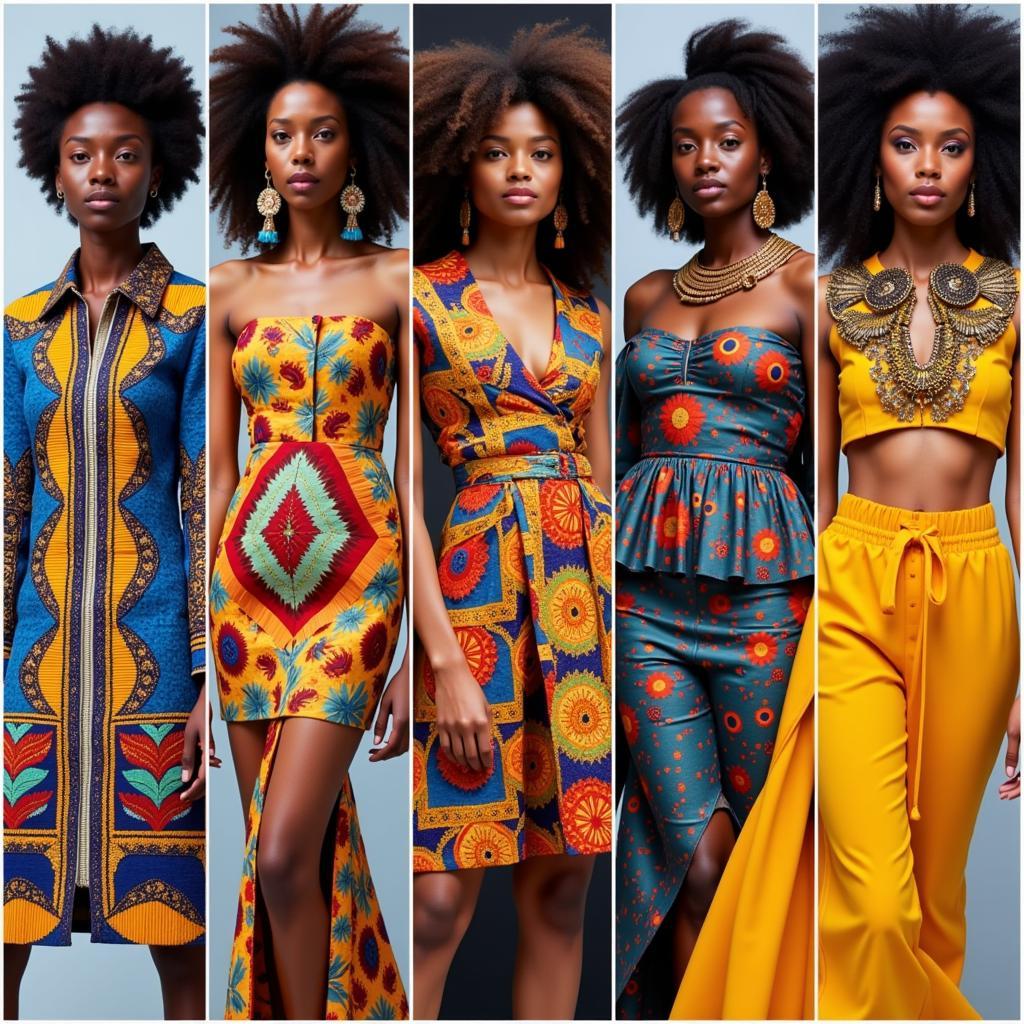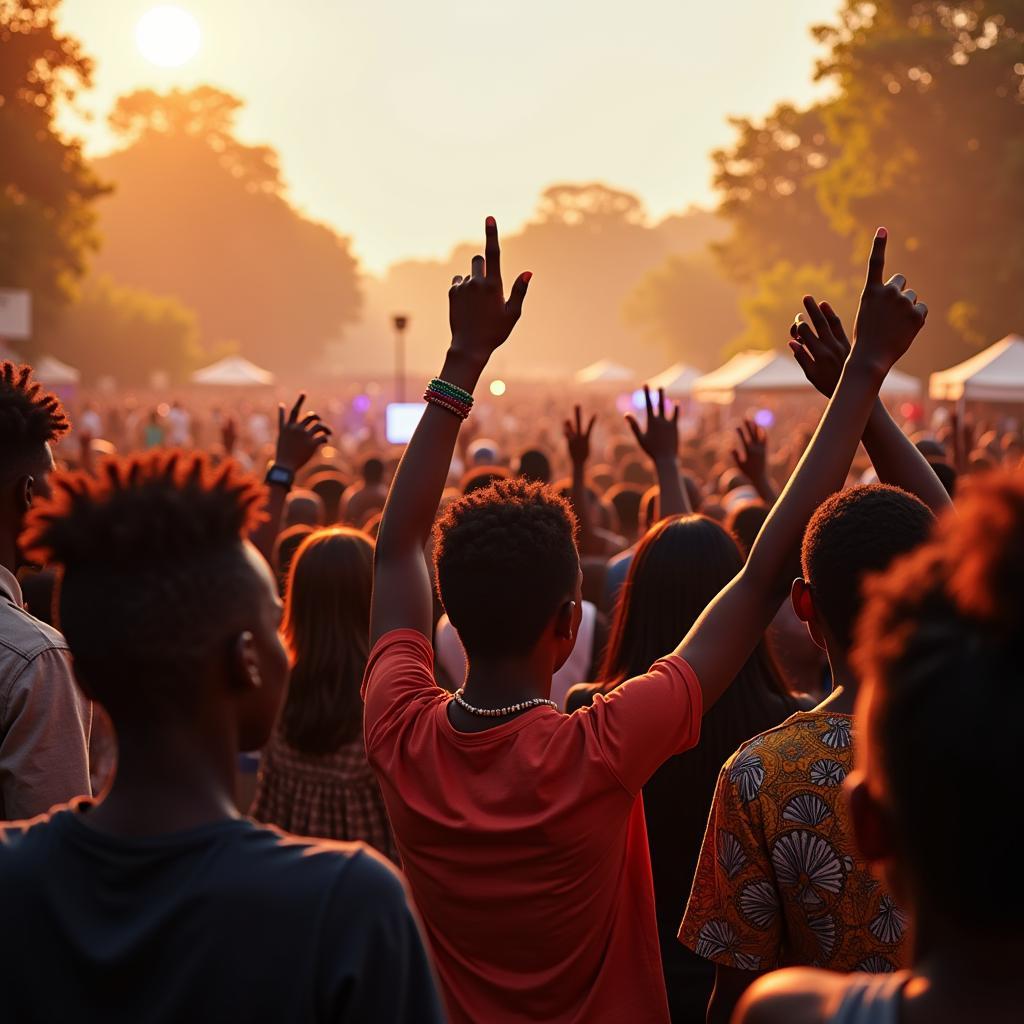Exploring the Literary Landscape: African American Female Authors
African American Female Authors have profoundly shaped American literature, offering unique perspectives, challenging societal norms, and enriching the cultural tapestry with their powerful narratives. From the poignant poetry of Phillis Wheatley to the contemporary prose of Jesmyn Ward, these women have given voice to the Black female experience across centuries, illuminating the struggles and triumphs of a community. This article delves into the rich history and contributions of these remarkable writers, exploring their diverse themes, literary styles, and lasting impact.
A Legacy of Storytelling: African American Female Authors Throughout History
The journey of African American female authors is intrinsically linked to the history of African Americans in the United States. Early writers like Phillis Wheatley, an enslaved poet during the 18th century, used their words to challenge the very institution that held them captive. Her poems, published against all odds, served as a testament to the intellectual capacity and humanity of enslaved people.
The 19th century saw the rise of figures like Frances Ellen Watkins Harper, an abolitionist and poet who eloquently addressed issues of race, gender, and social justice. Her work became a cornerstone of the anti-slavery movement. Following emancipation, Ida B. Wells-Barnett used her journalistic skills to expose the horrors of lynching, becoming a crucial voice in the fight for civil rights.
african american female writers 19th century
The Harlem Renaissance, a period of vibrant artistic and intellectual flourishing in the 1920s and 1930s, provided a fertile ground for African American female authors to explore new themes and styles. Zora Neale Hurston’s anthropological lens and celebration of Black folklore, as seen in Their Eyes Were Watching God, became a hallmark of the era. Nella Larsen, with her novels like Passing and Quicksand, delved into the complexities of racial identity and class. These authors carved a space for Black female voices in mainstream literature.
Who are Some Influential African American Female Authors?
From pioneers like Phillis Wheatley to contemporary voices like Jesmyn Ward, the landscape of American literature is enriched by a diverse array of African American female authors. Each writer brings a unique perspective, illuminating different facets of the Black female experience.
African American Female Authors: Shaping Contemporary Literature
The latter half of the 20th century and the 21st century witnessed the continued rise of influential African American female authors. Toni Morrison, with her lyrical prose and unflinching exploration of race, trauma, and history, became a literary giant, winning the Nobel Prize in Literature in 1993. Alice Walker, known for her Pulitzer Prize-winning novel The Color Purple, gave voice to the marginalized experiences of Black women in the rural South.
Contemporary authors like Chimamanda Ngozi Adichie, although not African American but of Nigerian descent, explore themes of colonialism, identity, and gender through her captivating novels. Jesmyn Ward, with her powerful portrayals of poverty and resilience in rural Mississippi, continues to garner critical acclaim. These authors are pushing boundaries, challenging conventions, and ensuring that Black female voices remain central to contemporary literary discourse.
african american female authors fiction
What Themes Do African American Female Authors Explore?
African American female authors explore a wide range of themes, often interwoven and deeply connected to the historical and social context of their time. Identity, race, gender, and the legacy of slavery are recurring motifs.
Beyond Stereotypes: The Nuances of Black Female Identity
These authors delve into the multifaceted nature of Black female identity, challenging stereotypes and presenting nuanced portrayals of women navigating complex social landscapes. They explore the intersections of race, gender, and class, highlighting the unique challenges and triumphs faced by Black women throughout history. From the domestic sphere to the public arena, their stories reveal the strength, resilience, and unwavering spirit of a community.
“Storytelling is a powerful tool. It allows us to reclaim our narratives, to define ourselves on our own terms, and to connect with others who share our experiences.” – Dr. Anika Johnson, Professor of African American Literature.
Conclusion: The Enduring Power of African American Female Authors
African American female authors have indelibly shaped American literature, offering vital perspectives and enriching the cultural landscape with their powerful narratives. From the earliest voices of resistance to the contemporary authors pushing boundaries, these women continue to challenge, inspire, and empower readers worldwide. Their stories remind us of the importance of representation, the power of voice, and the enduring legacy of Black female creativity.
african american writer name female top 100
FAQ
- Where can I find books by African American female authors? Most bookstores and libraries have dedicated sections, and online retailers offer extensive collections.
- What are some good starting points for exploring this literature? Their Eyes Were Watching God by Zora Neale Hurston and The Color Purple by Alice Walker are excellent introductions.
- How can I support African American female authors? Buy their books, attend their readings, and recommend their work to others.
- Are there any online resources dedicated to this topic? Yes, numerous websites and organizations offer information and resources.
- How has the role of African American female authors changed over time? Their voices have become increasingly prominent and influential in shaping literary discourse.
- What are some common themes explored in their works? Identity, race, gender, family, and the legacy of slavery are recurring themes.
- Why is it important to read books by African American female authors? Their stories offer unique perspectives, challenge stereotypes, and broaden our understanding of the human experience.
Need support? Contact us 24/7: Phone: +255768904061, Email: kaka.mag@gmail.com, or visit us at Mbarali DC Mawindi, Kangaga, Tanzania.



